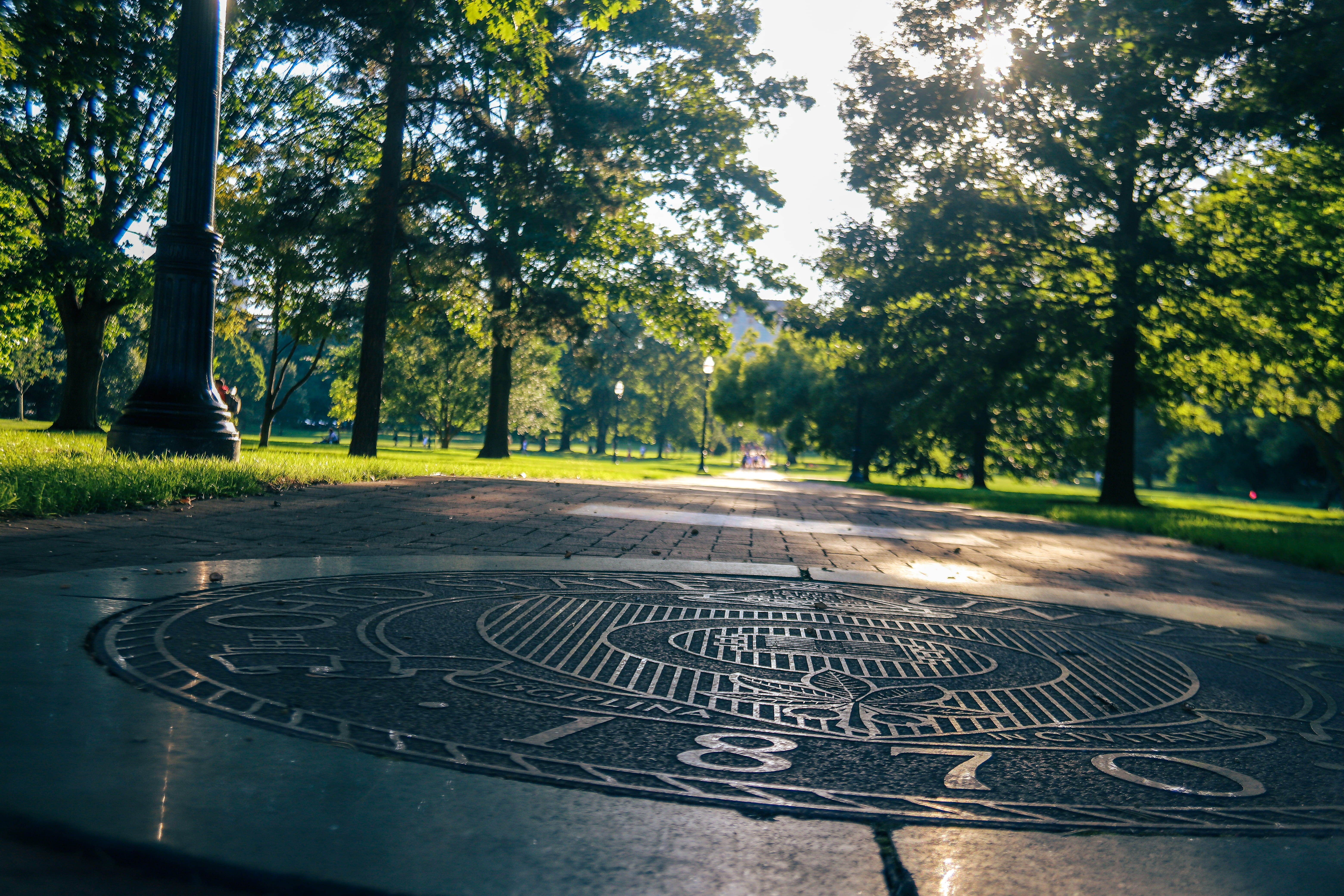
At the start of the 2022-23 academic year, Ohio State launched the new General Education framework which applies to incoming students. Credit: Zachary Rilley | Photo Editor
Ohio State’s new general education curriculum has accelerated the development of student portfolios through the use of a new ePortfolio system.
At the start of the 2022-23 academic year, Ohio State launched the new general education framework, which applies to current first-years and is the first major overhaul of the curriculum in more than 30 years. The ePortfolio system, implemented through PebblePad, is introduced in an initial Launch course and then used again in a Reflection course.
The new GE framework added the Launch and Reflection courses to bookend the curriculum, according to the Office of Undergraduate Education website. Launch is to be taken within a student’s first three semesters, and Reflection should be taken by the end of their third year.
Marymegan Daly, associate dean of undergraduate education, said in an email the classes are a pair of one-credit hour courses “that support students in reflecting on their academic identity and goals and connecting those to the Gen Ed.”
Daly said although ePortfolios — “curated, online” work portfolios — are not new to the university, they have not been used on this scale before. Prior to the new curriculum, Daly said the ePortfolios were often used for capstones as well as honors and scholars programs.
Daly said ePortfolios can be used towards employment opportunities.
“They can be a great way to organize and share work samples, to highlight project-based learning, and organize work from multiple contexts into a coherent narrative,” Daly said.
Daly said in addition to PebblePad, the Launch and Reflection courses include discussions of “academic identity” and “details of navigating the GE.”
“We encourage students to reflect on (and articulate) their academic goals for their time at Ohio State and encourage students to think about how to ask questions of themselves about their interests and motivations,” Daly said.
Aysha Chaudhry, a first-year in pre-computer science and engineering currently enrolled in the Launch course, said the ePortfolio is beneficial but believes changes could be implemented to further improve the creation process, such as including specifically what a “professional employer” would want to see.
Rya Fitch, a first-year in medical anthropology, said assignments more closely related to academic identity would improve the course.
“I could see maybe how an academic identity statement might be beneficial,” Finch said. “I can see how an ‘About Me’ page would be beneficial, but the busy work assignments that we have added as assets to our PebblePad just don’t seem like good uses of the platform.”
Daly said students seem to find the PebblePad software easy to navigate.
“The opportunity to build an ePortfolio is something students seem to understand and see value in,” Daly said. No students have taken Reflection yet, but the student test cases we ran as part of the course design process seem to have gone well in terms of student ease of use.”
Jaden Zelidon, a first-year in neuroscience, said PebblePad allows students to think about themselves in a productive way.
“It’s a good resource to have to like, be able to organize information like the ‘About Me’ page. That could be very good for, like, drafting application essays and thinking about yourself in a sense that you might not otherwise,” Zelidon said.


